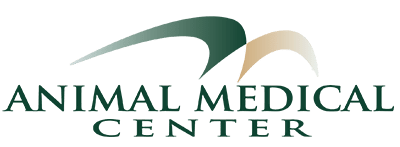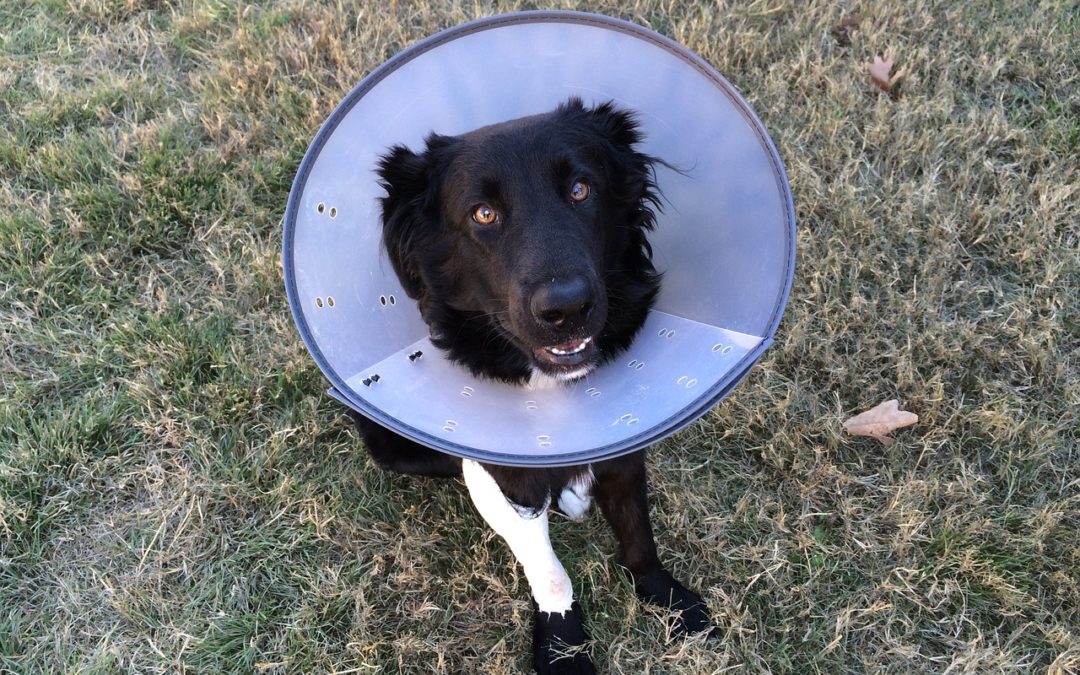Imagine the story of Fez, a young Labrador puppy who finally went to his new house.
At Fez’s new home there were kids and toys and bountiful food bowls. He loved to run and play in the yard. One day, he traveled to see his favorite veterinarian who also shared his same name. Dr. Fez made sure he took good care of Fez and prevented diseases by vaccinating him and also deworming him. Worms showed up in Fez’s stool-HOW EMBARRASSING!
This particular day Fez was to get neutered. The technicians cuddled him and then he became very sleepy and dreamed about chasing a ball in the yard. When he woke up, he felt a little funny and sore but was still excited to see his family and forgave Dr. Fez for making him feel funny. A few months went by and Fez was loving life-there were kids and toys and bountiful food bowls.
One day while playing in the yard, Fez took off after a ball and suddenly his leg hurt really badly. When he came into see Dr. Fez, they found that he tore a ligament in his leg. No wonder it hurt! Then Dr. Fez proceeded to tell his family that Fez was significantly overweight. THE NERVE! Fez liked to eat. What was wrong with that? Unfortunately, his rapid weight gain put Fez at an increased risk for tearing his cruciate ligament and now he was going to need surgery. Fez was very sad. What happened to Fez? Why did he gain weight after being neutered?
Making the decision to spay/neuter your pet has many health benefits but with this change comes the increased tendency for weight gain. The educated staff at Animal Medical Center wants to help make this transition as easy as possible and help your pet avoid the complications that come from obesity.
A change happens to a pet’s metabolism when they get spayed/neutered, requiring them to need less calories. This happens almost immediately after surgery, which is when most of our pet’s weight issues begin. Now is the time to switch them to adult food, which will help decrease the risk of weight gain because adult food has less calories. Now is also the time to implement portion control into your pet’s diet. The following are some helpful hints from our Gillette, WY experts on changing your pet’s diet regime to reduce the risk of weight gain after altering:
- Bring your pet into Animal Medical Center for a full nutritional consultation. Our nutritional expert, Tara Lynn, will spend the time to evaluate your pet and help you choose a food specifically for him/her.
- Look for a food that has undergone an AFFCO feeding trial – this will be stated on the bag and means the food has actually been fed to dogs and proved to not be deficient in any nutrients.
- Feed your pet according to what he or she should weigh. If your pet gets moderate exercise (20 minutes per day, 3-4 days a week) and is at the correct weight, follow the feeding guidelines on your pet’s bag of food. If your dog is overweight, feed them according to what they should weigh and make sure they get moderate exercise. You may also consider switching them to a ‘light’ or ‘lite’ food. Look for these specific words on the bag and make sure to look for the AFFCO symbol as described in number two.
- Avoid foods that claim to be for ‘All Life Stages’ – What this really means is the food’s nutritional value is set for a puppy or kitten, as they require a higher calorie content than adult and senior pets. “All Life Stages” food will give your adult or senior pet too much phosphorus and fat which will aid in weight gain as well as other health issues down the road.
- Be aware that different breeds require unique nutrition. For example, large breed puppies require a lower amount of calcium and phosphorus so their bones don’t grown too fast causing joint issues and arthritis later in life. When choosing a food for your dog/cat get advice from the staff and Doctors at AMC to make sure you are providing the optimal nutrition for your pet.
Choosing to get your pet altered is a decision that will improve many aspects of their life including decreased risk of contracting certain diseases and of being lost. At Animal Medical Center it is our goal to ensure that the health of your pet flourishes after spaying/neutering. Obesity is our main concern with altered patients and by taking a proactive approach towards preventing weight gain we can make it a completely positive decision.
If you have any questions about your pet’s food, please call us at 307-682-1507 and ask to speak with Tara.
Tara is a Certified Pet Nutrition Specialist at Animal Medical Center and watch for her blog “Tara’s Kitchen Bites” every month!


